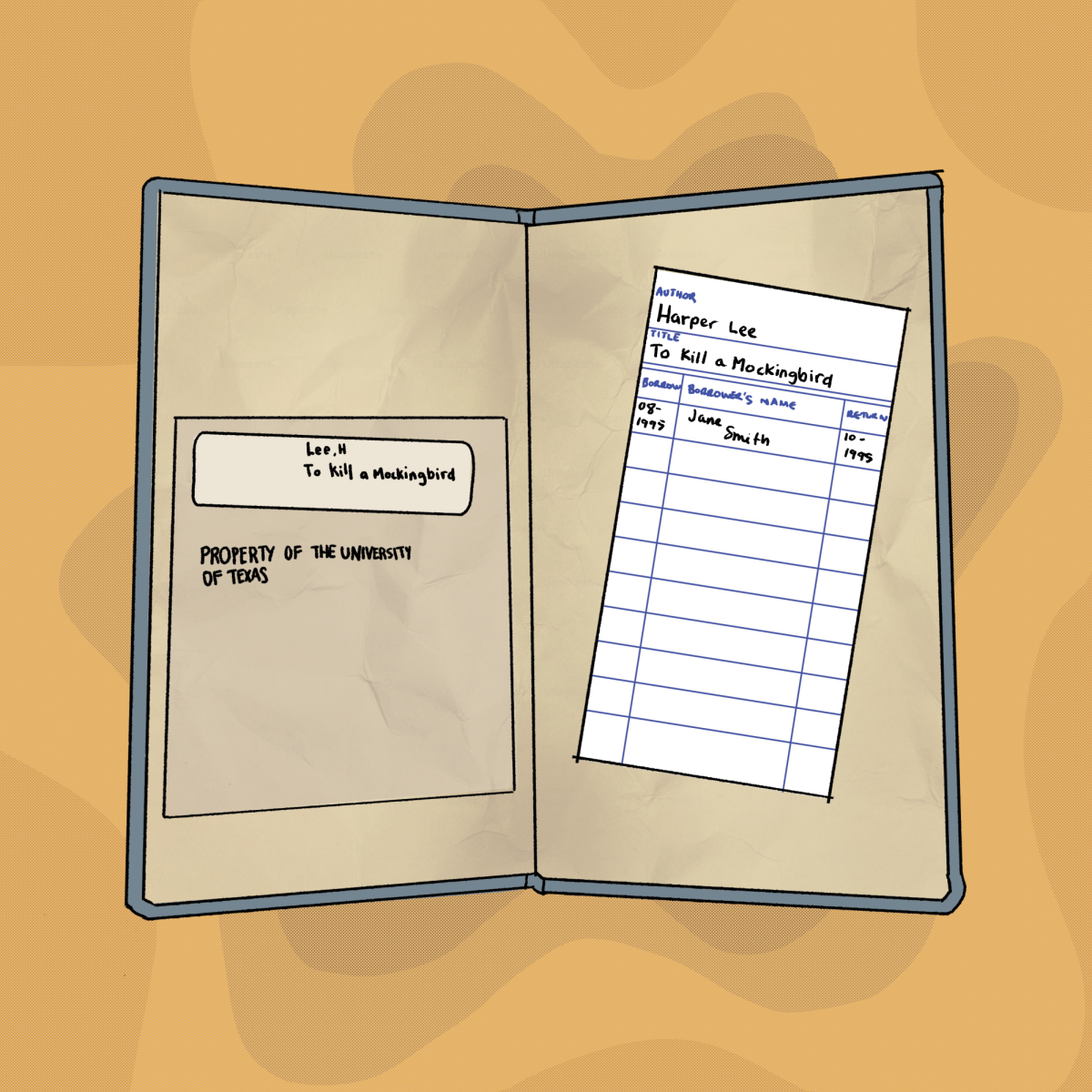UT’s Center for Russian, East European & Eurasian Studies held a two-day conference Friday and Saturday about Russia’s role in contemporary history, where panelists discussed the Russia-Ukraine War, anti-Westernism and Russia’s relationship with China and other countries.
Center director Mary Neuburger co-organized the event, called “Russia in Contemporary World History: A Hinge Nation in a Multipolar World?”, with Karen Petrone of the University of Kentucky and Choi Chatterjee of California State University. Neuburger said there are many one-dimensional understandings of Russia as a global actor today and in history.
“What we’re trying to do by bringing together scholars whose specialties are on Russia and at least one other global area is to get a longer view and understanding of Russia’s rural world history, not just as (an) imperialist conquerer or occupier of Ukraine, but also as (an) alternative model to the West,” Neuburger said.
Neuburger said it is a dark time in Russia’s history as its government cracks down on opposition from journalists and scholars. According to Russian personal sanctions, three UT faculty members are on Russia’s list of foreign agents banned from the country: Thomas Garza, Keith Livers and Steven Seegel.
Chatterjee said the Russia-Ukraine War is evidence of Russia’s declining power. She said Russia’s actions in the Ukrainian conflict have “serious” impacts on policy, since Russia can’t be both the anti-colonial force it was during the Cold War and an invading nation in the modern day. It overturns the “anti-Western” stance the nation has supported for so long, she said.
“Great powers don’t take two years to win 100 miles of territory,” Chatterjee said.
Panelist Jeanne Wilson of Wheaton College said Russia and China are bound by their shared opposition to the West. However, she said China values stability, and though the country has taken a neutral stance on the Russian-Ukrainian War, the war has worsened pre-existing tensions between the two powers. China is Russia’s largest trade partner, especially of the dual-use technologies used in the ongoing conflict, which she said worsens Russia’s reliance on its Eastern neighbor.
“The (Russian-Ukraine) war is undoubtedly contributing to Russian dependence on China,” Wilson said. “However, in reality, Russia has been functioning as a junior partner to China for quite some time, although the Russian side is desperate to keep up the facade of the two states as equal partners.”
Chatterjee said Russia might shift towards a Western alliance as it tires of its relationship with China and seeks to gain more independence on the economic level through trade of its oil, gas and nuclear technology.
“The whole concept of the ‘hinge nation’ (is) a hinge can go either way,” Chatterjee said. “I don’t think anyone should be closing any doors, and geopolitically thinking, I don’t think it’s right for the West to condemn Russia forever to be a junior partner of China.”














